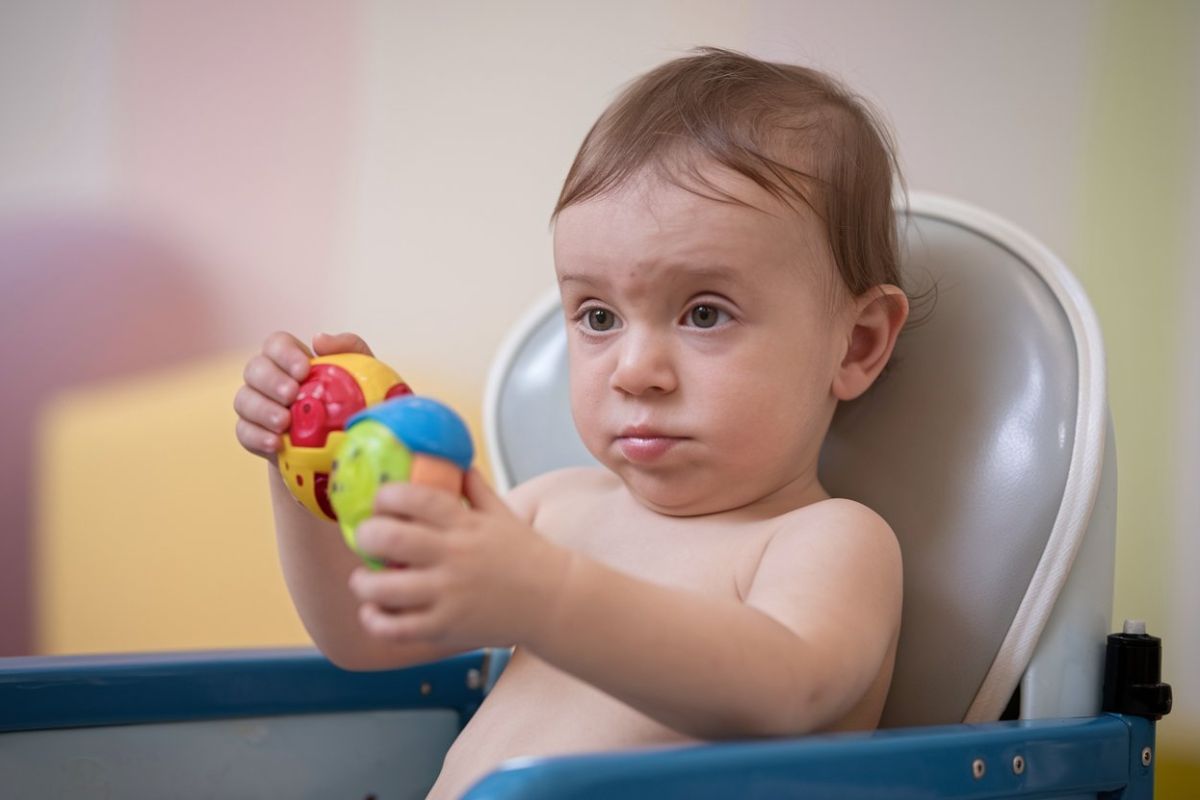
Developmental Delay Epilepsy Neonatal Diabetes (DEND) syndrome is a rare genetic disorder that affects infants and young children. This condition combines three significant health challenges: developmental delays, epilepsy, and neonatal diabetes. Developmental delays mean children may take longer to reach milestones like walking or talking. Epilepsy involves recurrent seizures that can vary in severity. Neonatal diabetes appears in the first six months of life, requiring careful management of blood sugar levels. Understanding DEND syndrome is crucial for early diagnosis and treatment, which can improve the quality of life for affected children. Let's dive into 30 facts about this complex condition.
Key Takeaways:
- Developmental delay, epilepsy, and neonatal diabetes can affect children's development. Early intervention, therapy, and family support are crucial for managing these conditions and improving outcomes.
- Research and advances in treatment offer hope for better care. Gene therapy, precision medicine, and support resources are shaping the future of managing these complex conditions.
Understanding Developmental Delay
Developmental delay refers to when a child does not reach their developmental milestones at the expected times. It can affect various areas such as motor skills, speech, and cognitive abilities.
- Developmental delay can be caused by genetic factors, complications during pregnancy, or environmental influences.
- Early intervention is crucial for children with developmental delays to help them reach their full potential.
- Physical therapy can assist children with motor skill delays, improving their ability to move and interact with their environment.
- Speech therapy helps children with communication delays, enhancing their ability to express themselves and understand others.
- Occupational therapy supports children in developing daily living skills, such as dressing and feeding themselves.
Exploring Epilepsy
Epilepsy is a neurological disorder characterized by recurrent, unprovoked seizures. It can affect people of all ages and has various causes and types.
- Epilepsy affects approximately 50 million people worldwide, making it one of the most common neurological disorders.
- Seizures can vary widely, from brief lapses in attention to severe convulsions.
- Medication is the primary treatment for epilepsy, with about 70% of patients achieving seizure control through anti-epileptic drugs.
- Surgery may be an option for patients who do not respond to medication, particularly if the seizures originate from a specific area of the brain.
- Ketogenic diet, a high-fat, low-carbohydrate diet, has been shown to reduce seizures in some individuals with epilepsy.
Neonatal Diabetes: A Rare Condition
Neonatal diabetes is a form of diabetes that occurs in the first six months of life. It is different from the more common type 1 and type 2 diabetes.
- Neonatal diabetes is extremely rare, affecting about 1 in 100,000 to 500,000 live births.
- Genetic mutations are the primary cause of neonatal diabetes, often involving the KCNJ11 or ABCC8 genes.
- Insulin therapy is essential for managing neonatal diabetes, as the body cannot produce enough insulin on its own.
- Permanent neonatal diabetes persists throughout life, while transient neonatal diabetes may resolve during infancy but can reappear later.
- Early diagnosis and treatment are critical to prevent complications such as developmental delay and growth issues.
The Intersection of Developmental Delay, Epilepsy, and Neonatal Diabetes
These three conditions can sometimes overlap, leading to complex medical challenges for affected individuals and their families.
- Genetic syndromes can cause a combination of developmental delay, epilepsy, and neonatal diabetes, such as Wolcott-Rallison syndrome.
- Comprehensive care involving multiple specialists is often necessary to address the various aspects of these conditions.
- Family support and education are vital to help families manage the daily challenges and long-term care needs.
- Research is ongoing to better understand the genetic and environmental factors contributing to these conditions and to develop more effective treatments.
- Advocacy and awareness efforts are crucial to improve resources and support for affected individuals and their families.
Advances in Treatment and Research
Significant progress has been made in understanding and treating these conditions, offering hope for better outcomes.
- Gene therapy is being explored as a potential treatment for genetic forms of epilepsy and neonatal diabetes.
- Precision medicine aims to tailor treatments based on an individual's genetic makeup, improving efficacy and reducing side effects.
- Neurodevelopmental research is uncovering new insights into the brain's development and how to support children with developmental delays.
- Clinical trials are essential for testing new treatments and therapies, providing opportunities for patients to access cutting-edge care.
- Technological advancements such as wearable seizure monitors and insulin pumps are improving the quality of life for patients.
Supporting Families and Caregivers
Families and caregivers play a crucial role in managing these conditions and supporting their loved ones.
- Support groups offer a sense of community and shared experiences, helping families navigate the challenges of these conditions.
- Educational resources provide valuable information on managing symptoms, treatments, and daily care.
- Respite care services give caregivers a much-needed break, reducing stress and preventing burnout.
- Financial assistance programs can help families cover the costs of medical care, therapies, and other necessary services.
- Advocacy organizations work to raise awareness, influence policy, and improve access to resources for affected individuals and their families.
Final Thoughts on Developmental Delay Epilepsy Neonatal Diabetes
Understanding developmental delay, epilepsy, and neonatal diabetes is crucial for providing the best care to those affected. These conditions, though complex, can be managed with proper medical attention, early diagnosis, and ongoing support. Families dealing with these challenges should seek out specialized healthcare providers and support networks to navigate the journey effectively.
Awareness and education play significant roles in improving outcomes. By staying informed about the latest research and treatment options, caregivers can make better decisions for their loved ones. Remember, you're not alone in this; many resources and communities are available to offer guidance and support.
Informed decisions and compassionate care can make a world of difference. Keep advocating for those affected, and continue learning about these conditions to foster a supportive environment for everyone involved.
Frequently Asked Questions
Was this page helpful?
Our commitment to delivering trustworthy and engaging content is at the heart of what we do. Each fact on our site is contributed by real users like you, bringing a wealth of diverse insights and information. To ensure the highest standards of accuracy and reliability, our dedicated editors meticulously review each submission. This process guarantees that the facts we share are not only fascinating but also credible. Trust in our commitment to quality and authenticity as you explore and learn with us.


